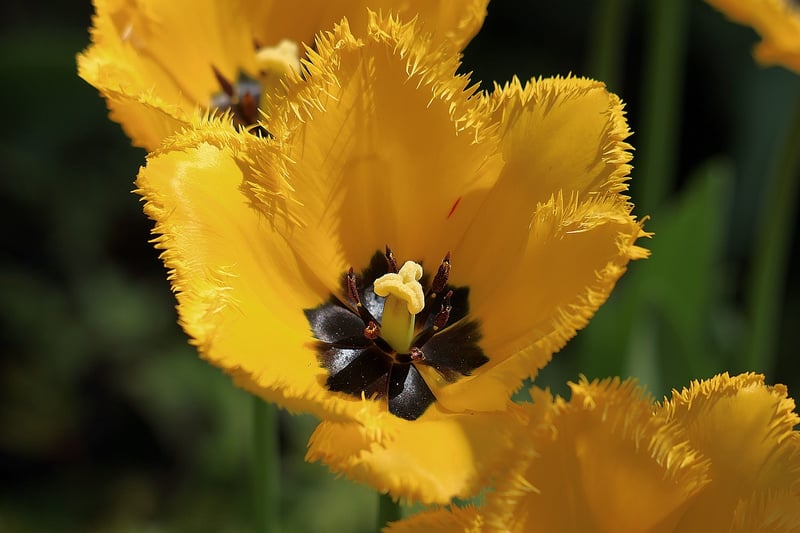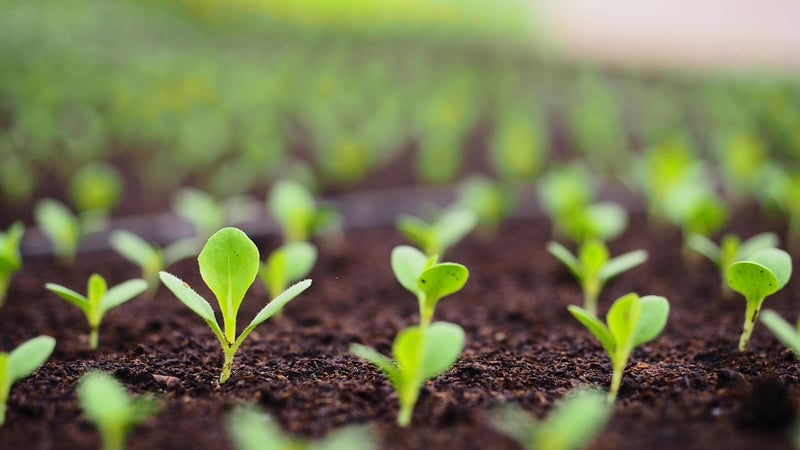Soil Management
Keeping Your Garden Thriving: Soil Management Tips
Having a flourishing garden requires more than just watering your plants. One essential aspect of gardening that is often overlooked is soil management. The health of your plants is directly linked to the quality of the soil they are grown in. Here are some tips to help you manage your soil effectively and keep your garden thriving:
1. Test Your Soil
Before you start planting, it's crucial to test your soil. A soil test will provide you with valuable information about the pH level, nutrient content, and composition of your soil. You can then adjust the soil accordingly to ensure it provides the best growing conditions for your plants.
2. Add Organic Matter
Adding organic matter such as compost, manure, or leaf mulch to your soil can improve its structure, drainage, and fertility. Organic matter also helps to retain moisture and provides essential nutrients to your plants. Make it a habit to regularly amend your soil with organic matter to keep it healthy.
3. Mulch Your Garden
Mulching your garden is another effective way to manage your soil. Mulch helps to suppress weeds, retain moisture, regulate soil temperature, and prevent erosion. Organic mulches like straw, wood chips, or grass clippings also break down over time, adding nutrients to the soil.
4. Rotate Your Crops
Rotating your crops is beneficial for soil health as it helps to prevent the depletion of specific nutrients and the buildup of pests and diseases. By rotating your crops, you can maintain the balance of nutrients in the soil and reduce the risk of soil-borne diseases.
5. Avoid Compaction
Avoid walking or working in your garden beds when the soil is wet as this can lead to compaction. Compacted soil restricts root growth, reduces drainage, and limits the movement of air and nutrients within the soil. Use raised beds or pathways to access your plants without compacting the soil.
6. Consider Cover Crops
Planting cover crops like clover, rye, or vetch during the off-season can help improve soil structure, suppress weeds, and add organic matter when they are tilled back into the soil. Cover crops also prevent soil erosion and provide habitat for beneficial organisms.
By following these soil management tips, you can create a healthy and thriving garden that will reward you with bountiful harvests year after year. Remember, healthy soil is the foundation of a successful garden!

For more gardening tips and tricks, check out our gardening website.
